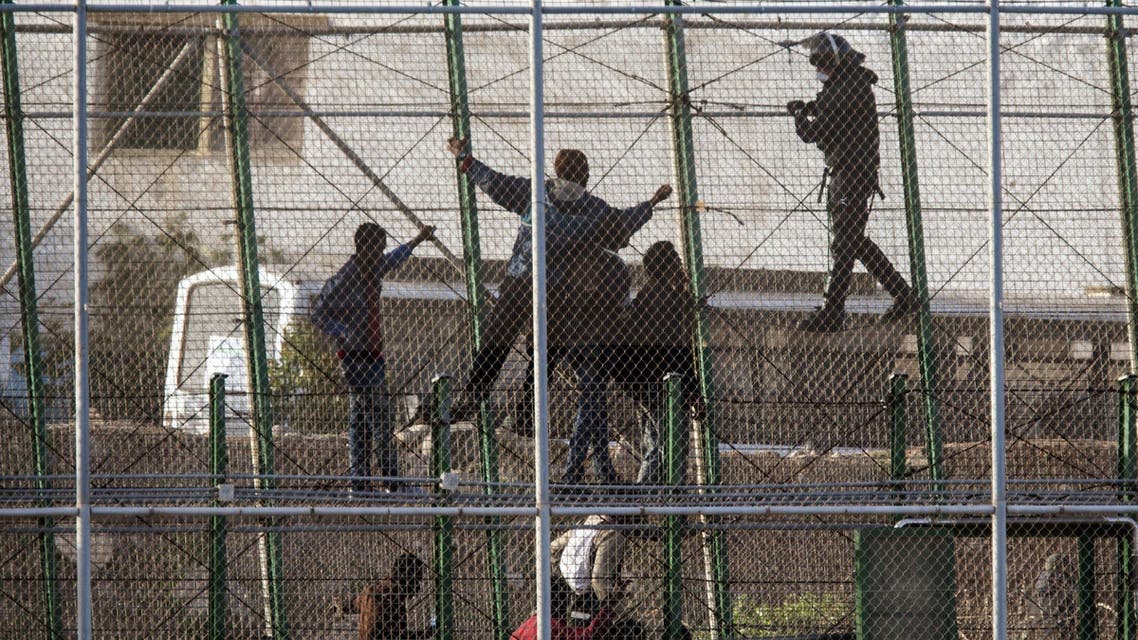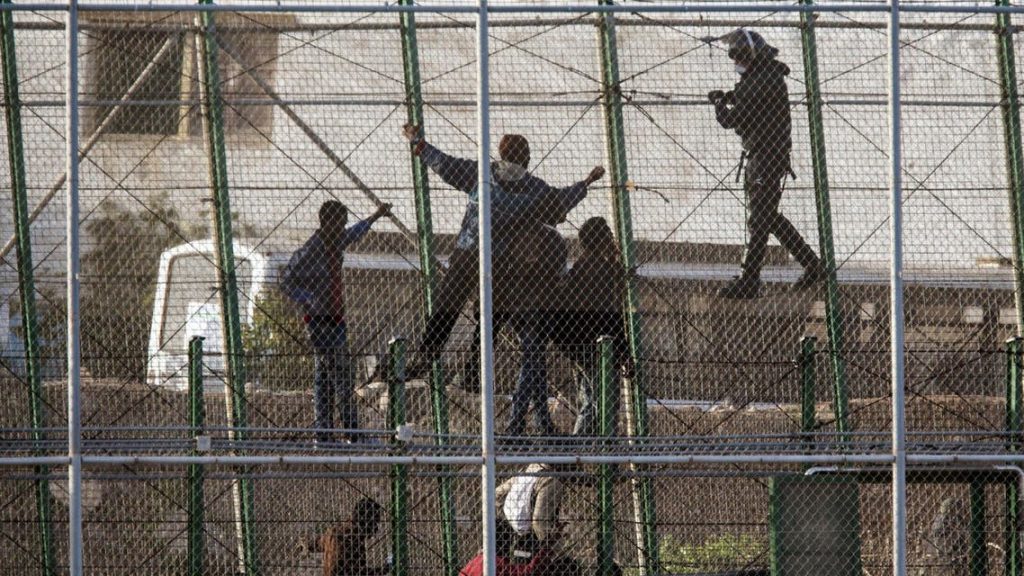37 African refugees have been killed at the hands of border guards after hundreds attempted to rush into the Spanish coastal enclave of Melilla, an autonomous city located on the northern border of Morocco, last Friday (24 June). 150 further refugees and police officers were injured during the incursion.
Whilst placing further strain on the already tempestuous relations between Spain’s coalition parties, PSOE and UP, the massacre overshadows the ongoing NATO summit in Madrid and G7 meeting in which the issue of Ukraine and refugee displacement have taken centre stage.
It remains unclear how the refugees hailing from nations such as Chad, Niger, South Sudan and Sudan died, whether due to suffocation or falling from the border barrier, however Moroccan police have since been accused by several NGOs of orchestrating a cover up, digging graves and burying bodies without attempting to identify them or investigating a cause of death.
Spain’s governing parties have attempted to blame the Moroccan police and human traffickers for the incident despite it being referred to as a “joint operation”, but footage from Al-Jazeera shows Moroccan border guards rushing over the border in order to contain the refugees, with clips showing border police beating a person, who was lying on the ground, standing over those bleeding, and other acts such as throwing stones and using tear gas. Spanish Prime Minister, Pedro Sanchez, has since thanked the Moroccan border guards for their behaviour and on Saturday claimed he “will never cease to express [his] support for the civil guard and the police.”
The actions and claims of the Spanish government in response to the massacre are put in stark contrast to their policy towards refugees from Ukraine, following the Russian invasion; in early April, Sanchez claimed that 110,000 Ukrainian refugees had arrived in Spain since the beginning of the invasion in late February, with many receiving temporary protection. The African refugees killed on the Melilla border, according to human rights groups, also qualified for asylum seeker status, yet were subject to brutality and violence upon attempting to enter Spain, not settled as Ukrainian refugees were. As NATO commences its annual summit in Madrid from the 28-30 June, discussing the Ukrainian invasion and further encircling Russia by adding Sweden and Finland to its ranks, it is difficult to see how the two contradictory policies towards asylum seekers can continue to be deployed by the Spanish government; that is, until one notices the glaring fact that those murdered last Friday were black African refugees, and those welcomed into Spain are white European refugees.
Approximately 100 refugees now remain in Melilla, as many others were expelled from the city. This follows tens of thousands of deaths of African refugees who have tried to gain access to Spain, whether in Morocco or elsewhere over the past few years.
Suspicions have also been raised as to the timing of the attack coinciding with the NATO summit, with Spain proposing to discuss the threat of migration from the south, aiming to step up border patrols where they can. Though many human rights groups (and Podemos themselves, though it is not difficult to question whether they are feigning sympathy) have called for an independent investigation into the brutal events of 26 June, the comments from Prime Minister Sanchez and the actions of Spanish and Moroccan border police give the impression that those killed will not see justice.
In a statement, the Communist Party of Spain (PCE) said,
“The Communist Party of Spain strongly condemns the actions of the Moroccan police and Mohamed VI, responsible for those forces; demands the opening of an international investigation that clarifies all the extremes of what happened, and asks that those responsible for this catastrophe and this massacre be brought to justice.
“The chilling massacre in Melilla cannot be forgotten.”
Eddie Dewing, is a member of the YCL’s North East branch




